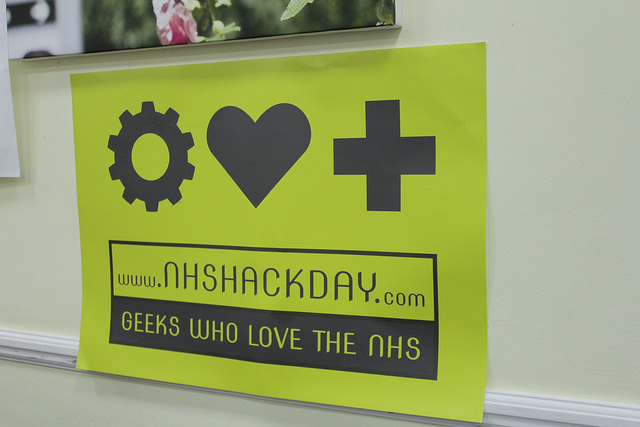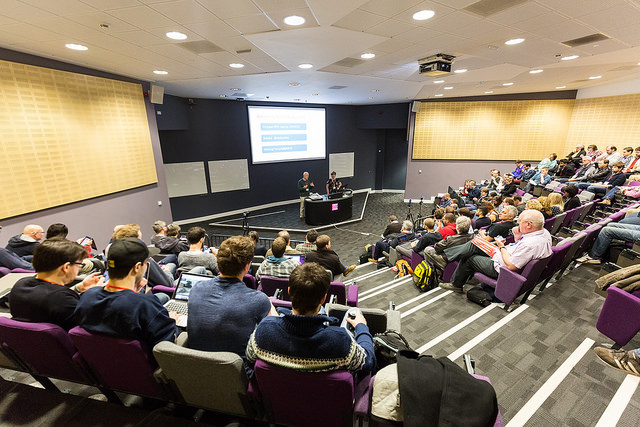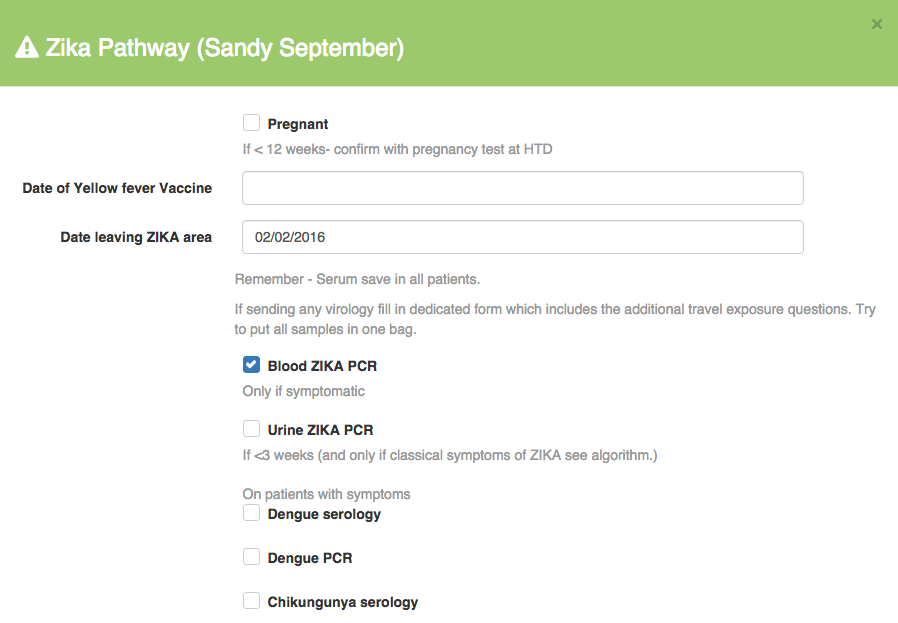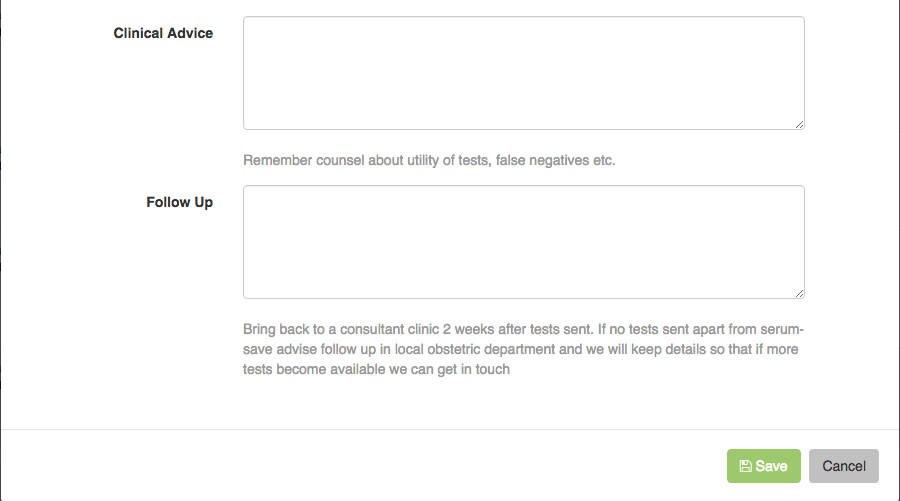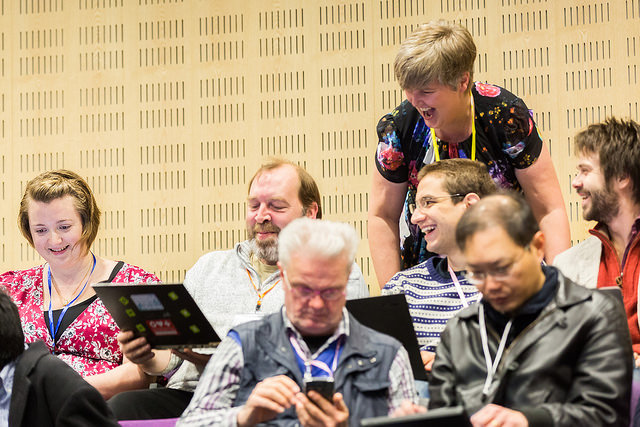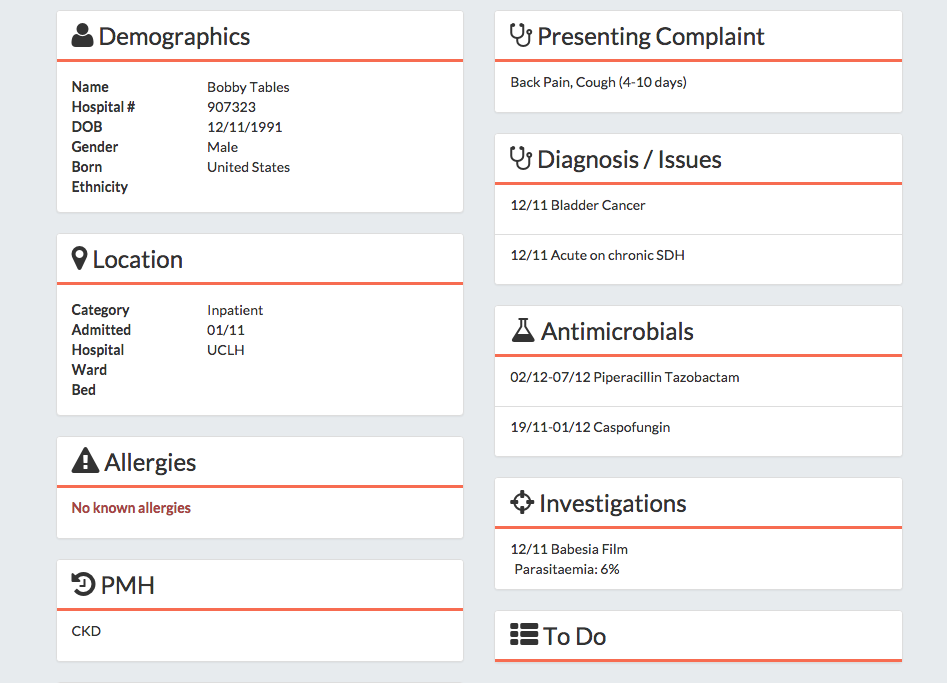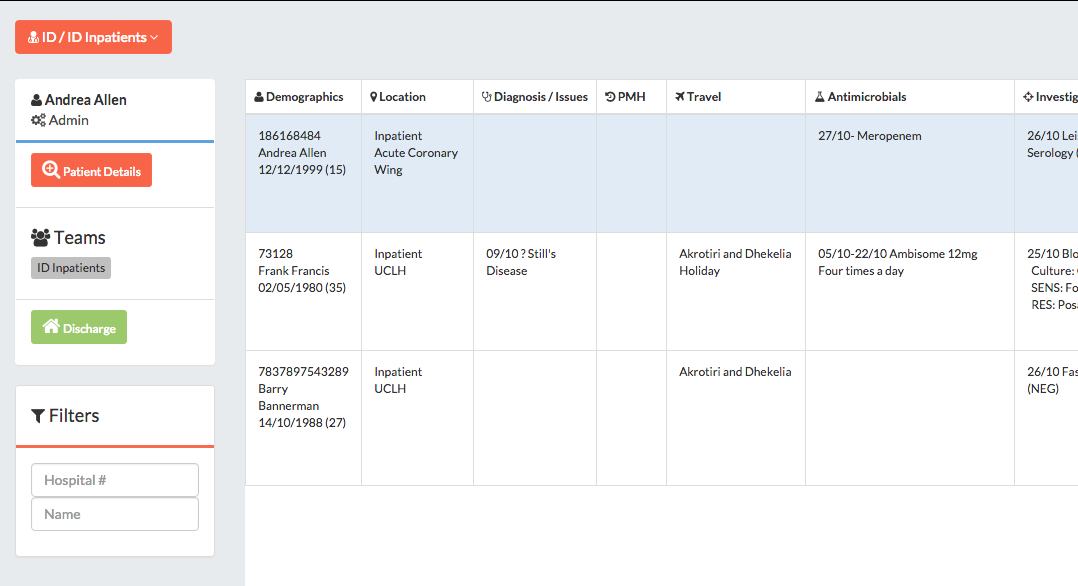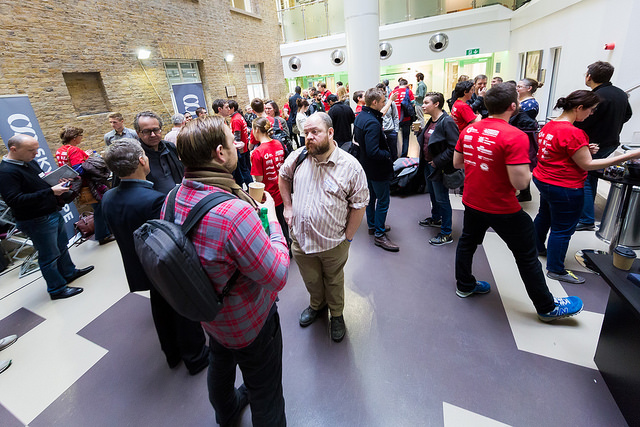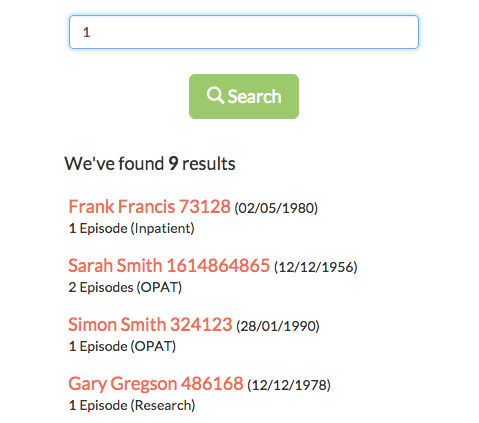This next NHS Hack Day in London will be our 13th. We’ve been to London, Cardiff, Leeds, Liverpool, Manchester and Oxford, we’ve seen thousands of people come through the doors to collaborate on projects to help make the NHS just a little better.
Throughout that time, we’ve been approached by a number of projects and institutions who have wanted to come to NHS Hack Day, and pitch their particular programme, platform, car boot sale, et cetera. Or perhaps to ask us to steer the projects on the day down one particular technical route. We’ve always politely turned those offers down. Mostly not because we think that the people approaching us aren’t coming with great projects, but because we think it’s important that NHS Hack Day remains a neutral space that concentrates on making connections and the experience of the people who show up. It’s for the same reason that we don’t let sponsors of NHS Hack Day do product pitches on the day.
Because we get asked about it so often, we thought we’d explain why we do this.
Stepping back from just NHS Hack Day for a second, the real reason that I, and Open Health Care are doing work in this space, is that we’re incredibly excited about the opportunity for digital tools to transform the delivery of health care and deliver better outcomes for patients and society generally.
We can do that by providing tools that help people on the front lines to care for patients, and by leveraging high quality data about the way we work. That said, we can’t just build tools and expect the world to change. The tools are useless without adoption - and adoption requires a change in the way people think about digital, in the way they understand it, and the expectations it has. And often, the hard work of winning hearts and minds includes advocacy for specific tools, standards and platforms.
Open Health Care, and NHS Hack Day come right out of the wider Open Movement. That means that we are totally bought into having high quality open standards, and the role that they can play in making people’s lives better. But much like for instance, open data - we’re not particularly excited about them in the abstract. They’re a means not an end in and of themselves.
That means that while for instance, “promoting standards for interoperability” is something that we care deeply about, our main focus is always on delivering services that meet people’s needs in the messy, complicated real world.
In the context of NHS Hack Day, that means that our strategic goals tend to be on building communities of people who are excited about the practical power of digital transformation. About showcasing user centred design and lifting the lid on the applied process of iteratively making inclusive software that doesn’t suck.
We also introduce people whenever it’s appropriate, to Open All The Things. That means Source, Governance, Data, Science, APIs, Policy and Standards - because they’re all crucial tools. But that’s not the main reason we’re here, and it’s not the real value we bring.
Particularly in the context of a Hack Day, we tend not to institutionally advocate particular tools, standards, licences et cetera. It’s a time-pressured environment, and people want to use tools they know to build a thing rather than tools with better philosophical justifications to almost build a thing!
(That said - if your tool/standard/platform/et cetera is good enough and useful enough, then people will vote with their keyboards and use it anyway because it makes their lives easier.)
We don’t expect people to come out of a NHS Hack Day project and immediately give up their day jobs to start companies. What we do expect is to forge connections between the Open Movement, and the digital world, with people who live at the sharp end of health and care in the NHS. We expect to show people a glimpse of a world in which digital transforms their lives for the better, quickly and humanely.
Sometimes, projects that come out of NHS Hack Day have precisely the right mix of participants with spare time and looking for a challenge, and they really do want to take their projects forwards. We’re always delighted when that happens - and we provide support and advice to those teams wherever we can. That includes introducing them to support and funding programmes, as well as offering practical advice, and sometimes logistical support. We’re not optimising for generating health tech startups though. We’re optimising for building a genuinely sustainable movement of people within the system to demand an NHS that is fit for purpose in the digital age.
If that sounds like something you’d like to experience yourself, you still have time to sign up for NHS Hack Day 13 - which is rapidly approaching, and will happen in London on the 14th and 15th of May 2016.
Photo credits: Cléon Daniel
Read more
